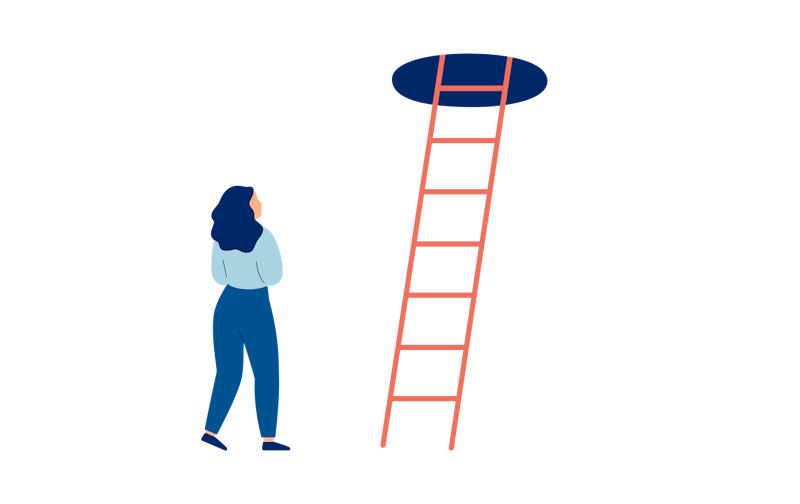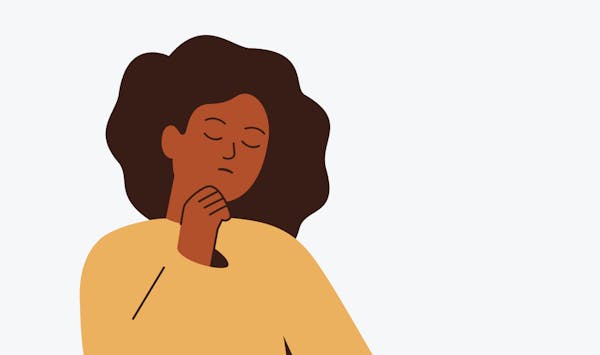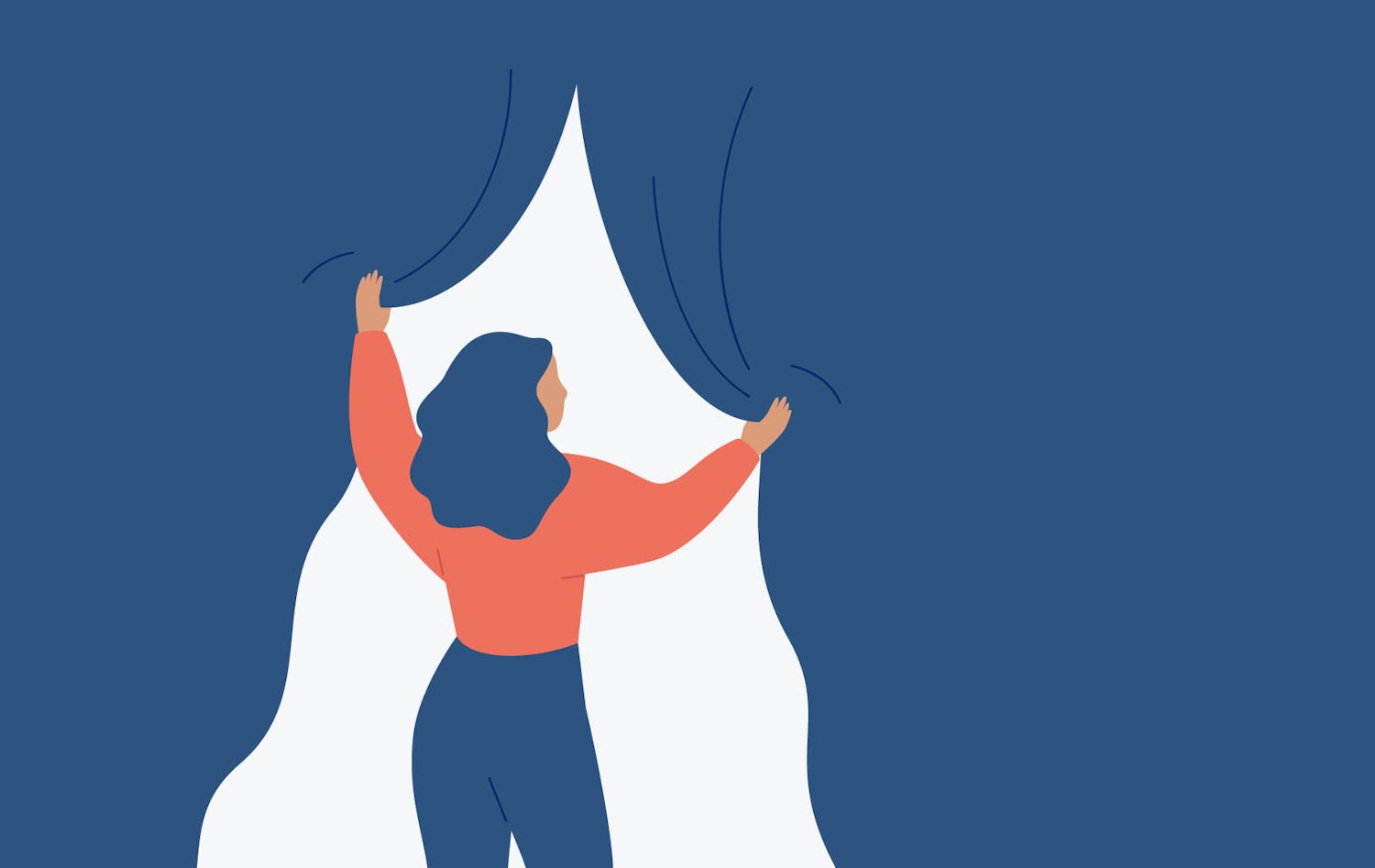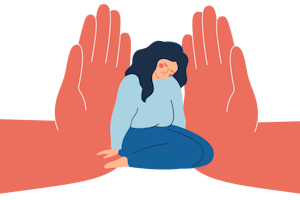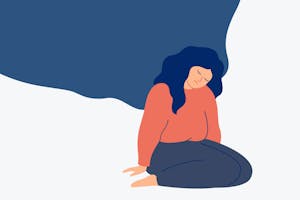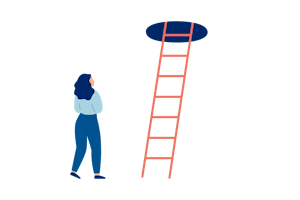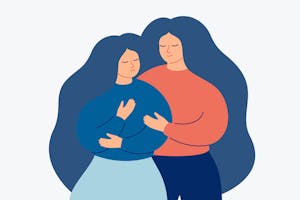Why don't people leave an abusive relationship?
When people learn that a person is in an abusive relationship, the first question that comes up is often: “Why don’t they just leave?” If you have never experienced abuse in a relationship, this response may seem logical. But the fact is that it is not easy to “just leave” an abusive relationship.
Here are 9 common reasons why:
